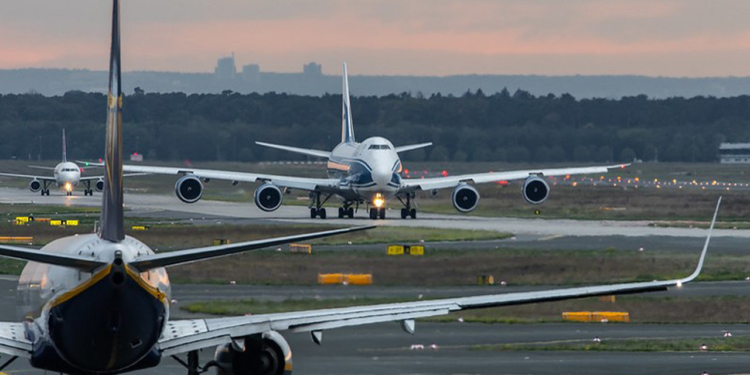The inability of foreign airlines to repatriate proceeds from ticket sales due to foreign exchange challenges in Nigeria has contributed significantly to this problem
The International Air Transport Association (IATA) has disclosed that the funds of foreign airlines trapped in Africa reached a staggering $1.68 billion by the end of September 2023, marking a record high. Notably, Nigeria stands out as the top debtor, alongside other countries including Ghana, Ethiopia, Angola, and Zimbabwe.
During the African Airlines Association (AFRAA) 55th Annual General Meeting in Entebbe, Uganda, IATA’s Regional Vice-President of Africa and the Middle East, Kamil Al Alwadi, highlighted the detrimental impact of trapped funds on sustainable aviation development and seamless connectivity in Africa. This issue has persisted since 2018, with Nigeria accounting for more than half of the total trapped funds.
The inability of foreign airlines to repatriate proceeds from ticket sales due to foreign exchange challenges in Nigeria has contributed significantly to this problem. While the Central Bank of Nigeria (CBN) has initiated efforts to clear forex backlogs for banks and foreign airlines, a substantial portion of the funds remains unredeemed.
Mr. Festus Keyamo, the Minister of Aviation and Aerospace Development, assured that President Bola Tinubu had directed the CBN to prioritize the release of foreign airlines’ trapped funds.
Speaking at the aviation gathering, an IATA senior official emphasized the capital-intensive nature of aviation and the critical role cash flow plays in ensuring the sustainability of airlines’ business. The inability to repatriate funds severely impacts operations and decisions on routes.
Furthermore, the official highlighted that the risk of blocked funds extends beyond airlines to negatively impact the countries withholding the funds. It affects the economy, connectivity, investor confidence, and reputation. Emphasizing the economic importance of aviation, the official stated, “Aviation is not only an economic enabler; it is a pillar of modern economies.”
The official also pointed out that Nigeria hosts the two most expensive airports in Africa, namely Abuja and Lagos, with a cost of $100 per passenger, compared to the two most expensive airports in the Gulf Cooperation Countries (GCC): Doha ($44) and Dubai ($40). Despite the higher costs, the infrastructure in Nigeria is not deemed comparable.


